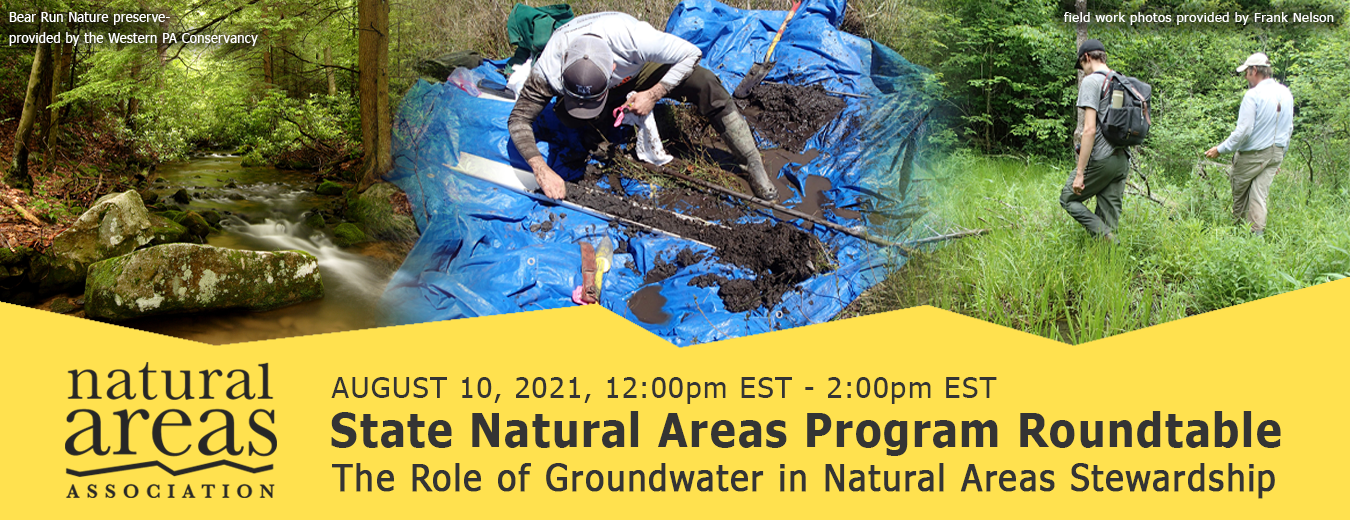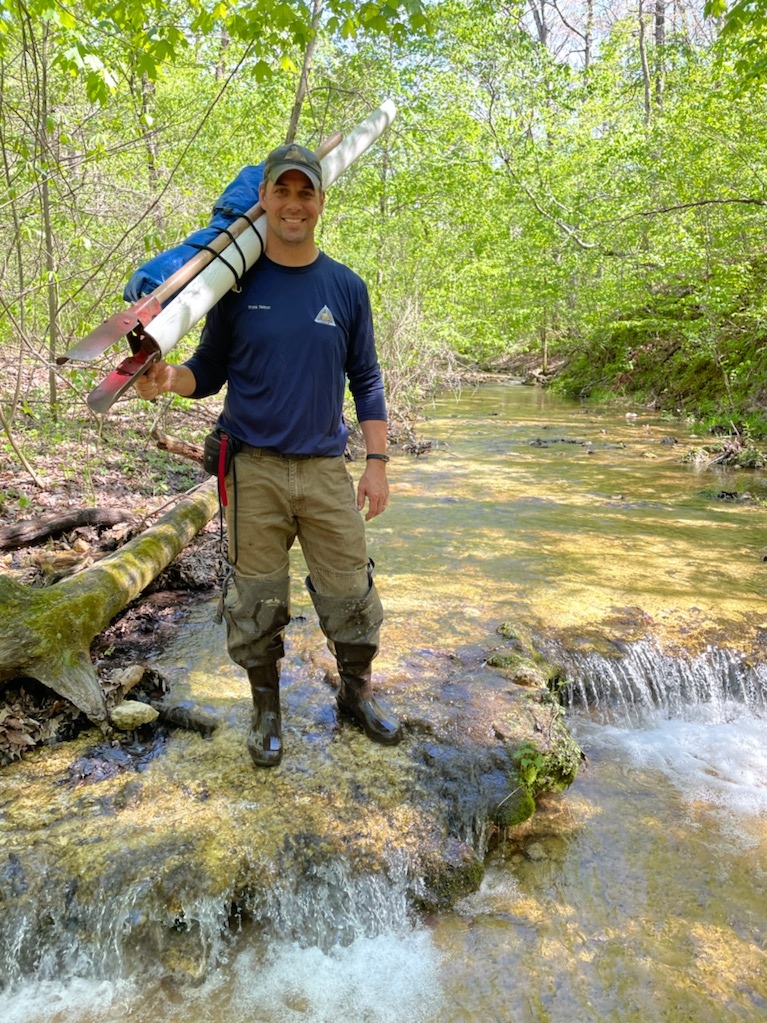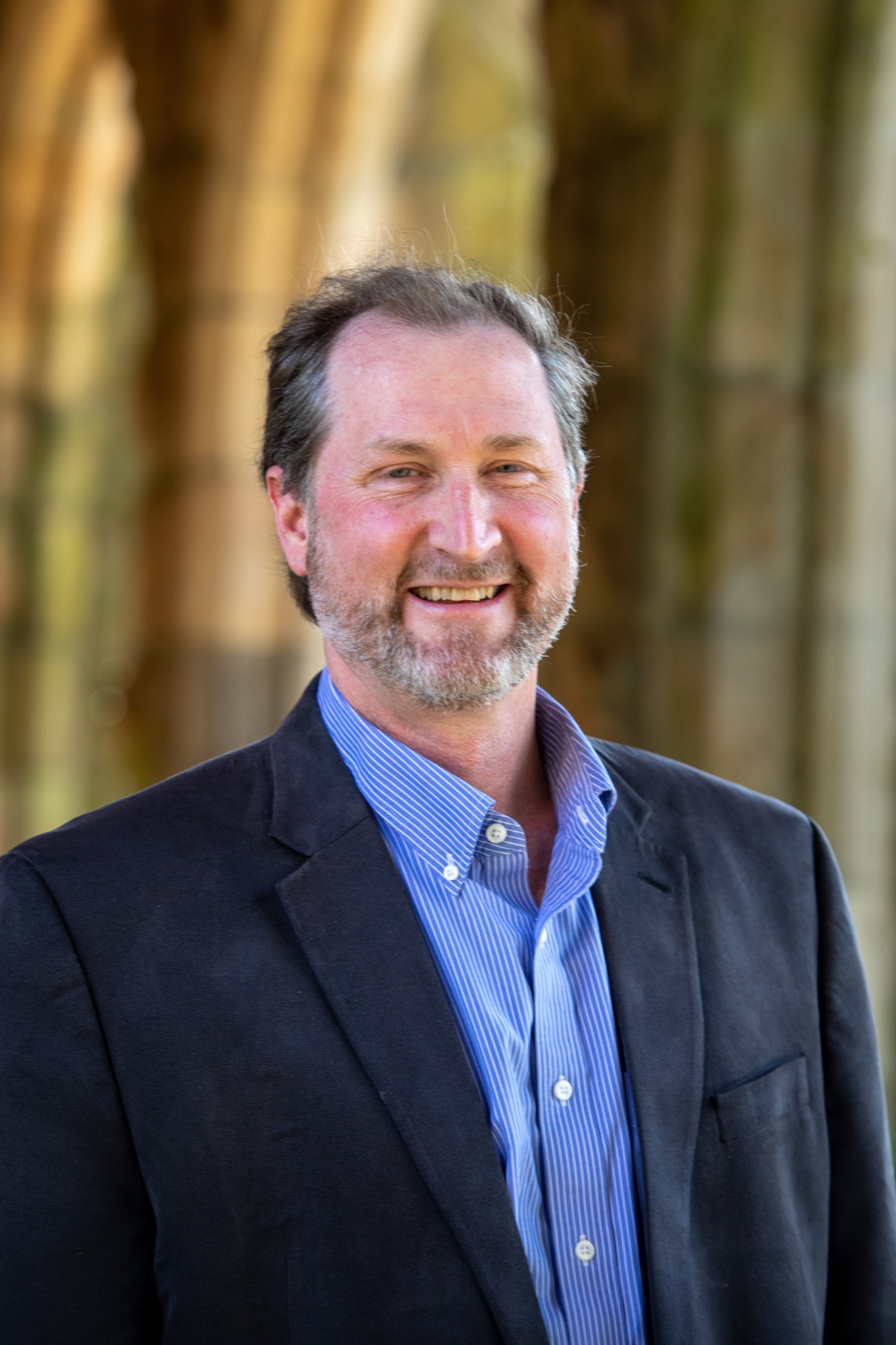
12: 00pm - 12:05pm EST | Welcome and Introductions |
12:05pm - 1:00pm EST | Presentations
|
1:00pm - 1:40pm EST | Stewardship Shorts - State natural areas professionals are invited to submit short presentations to share with their colleagues. Stewardship Shorts are 5-minute, pre-recorded videos related to the topic that describe a project, methodology, best practice, or challenge. Click here to view a sample Stewardship Short. The opportunity to submit must be approved in advance. Indicate your interest when you register for the Roundtable. |
1:40pm - 1:55pm EST | Open Discussion - Participants are invited to unmute and share ideas, techniques, methodologies, issues & challenges, and invite insights from your peers. |
1:55pm - 2:00pm EST | Conclusion |
Stewardship Shorts are 5-minute, pre-recorded videos related to the topic that describe a project, methodology, best practice, or challenge. There will be five minutes allotted for Q&A and Discussion following each video.
Haggard Tract Restoration May Prairie State Natural Area - Jason Miller, Natural Areas Program Manager, Tennessee DEC, Division of Natural Areas (5 minute video/5 minute discussion)
Conservation of Groundwater Stream Biodiversity in Northwest Arkansas - Theo Witsell, Ecologist/Chief of Research/Curator (ANHC Herbarium), Arkansas Natural Heritage Commission and Dustin Lynch, Ph.D. Aquatic Ecologist, Arkansas Natural Heritage Commission (10 minute video/5 minute discussion)
Ecological Restoration of a Shenandoah Valley Sinkhole Pond - Ryan Klopf, Ph.D., Regional Supervisor & Mountain Region Steward, Natural Areas Science Coordinator, Virginia Natural Heritage Program (5 minute video/5 minute discussion)
 photo provided by Frank Nelson
photo provided by Frank Nelson photo provided by Jonathan P. Evans
photo provided by Jonathan P. EvansDr. Jon Evans is a Professor of Biology at the University of the South in Sewanee, TN. His research in plant ecology focuses on plant population dynamics and the processes that determine the composition and structure of plant communities over time and across landscapes. He is specifically interested in the role of clonal growth as a mechanism for population persistence in plant communities. He also studies land-use history and exotic species introductions as drivers of long-term change in forest communities. Much of his research is conducted within ecosystems of the southern United States, concentrated on the southern Cumberland Plateau and on the coastal barrier islands.
He also leads University efforts to promote landscape–level conservation across the Cumberland Plateau region. As founding Director of Sewanee‘s Landscape Analysis Laboratory, he led a federally funded, multi-disciplinary project that used GIS and remote sensing to examine the environmental consequences of native hardwood conversion to pine plantations on the Cumberland Plateau. This research led to fundamental changes in land-use decision-making within the region and helped to catalyze major conservation initiatives.
He has been a faculty member at Sewanee since 1994 and teaches courses in ecology, botany and conservation biology. He also directs the Sewanee Herbarium, which maintains an extensive vascular plant collection for the University‘s 13,000 acre campus and surrounding region.Calling all state natural areas professionals and land managers to collaborate with your peers.
If you would like to register for notifications regarding future SNAP meetings, click here.
Support the people who manage our natural areas and protect biodiversity in perpetuity.